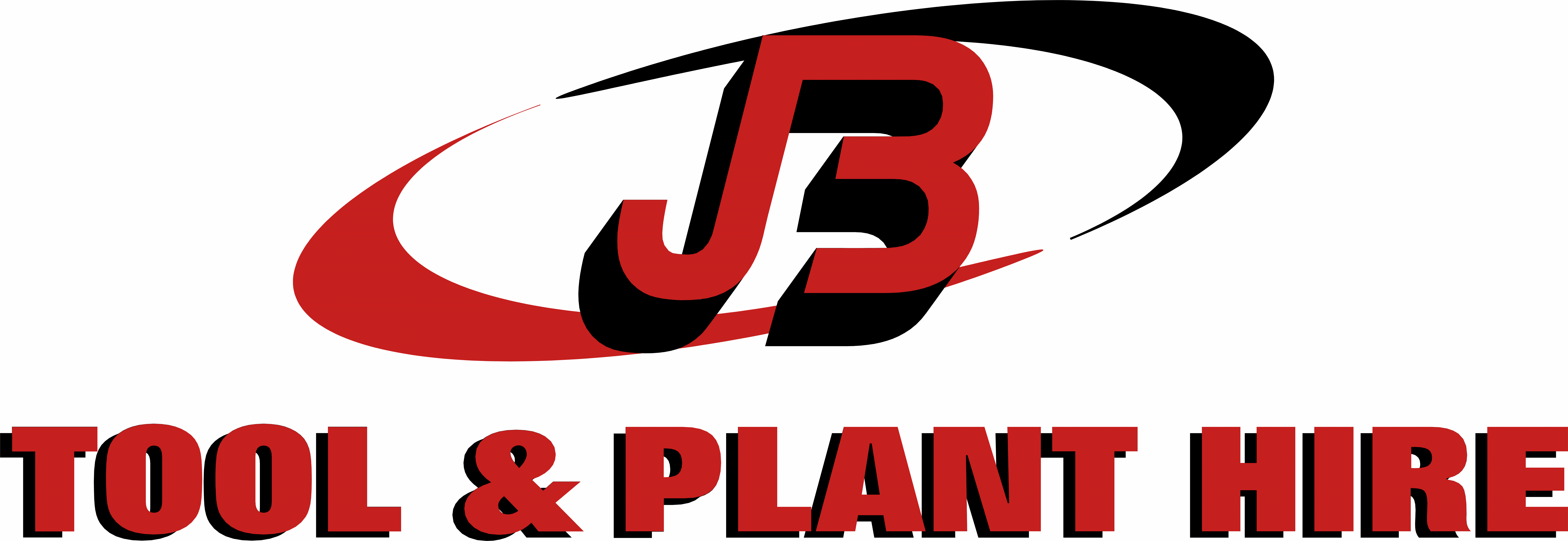If you frequently deal with tree maintenance as a professional arborist or a do-it-yourself enthusiast, you undoubtedly recognise the value of having the appropriate tools for the job. A tracked wood chipper is one option you may want to think about when it comes to chopping branches and wood. This article will discuss the benefits and drawbacks of a monitored wood chipper.
As the name implies, a tracked wood chipper is a wood-chipping device with tracks rather than wheels. Tracked wood chippers are not vehicle-attachable and lack a tow bar, unlike towable wood chippers. Instead, they are a distinct unit with a self-contained propulsion system that allows them to cross challenging terrain such as hills and uneven surfaces. This distinctive design provides several benefits:
Pros:
Manoeuvrability: Tracked wood chippers are ideal for difficult terrains, such as steep slopes and dense woods, because of their gripping tracks. They’re essential to keeping forests and plants healthy in hard-to-reach regions.
Stability: By evenly dispersing the machine’s weight, tracked wood chippers improve stability and lower the chance of overturning on sloping or uneven ground.
Productivity: With their faster processing speed and capacity to handle thicker branches, tracked wood chippers outperform their wheeled counterparts, which makes them perfect for professional tree care services and large-scale wood chipping.
Reduced Ground Impact: Tracked wood chippers are perfect for landscaping and forestry projects since they have less of an impact on the environment.
Cons:
Cost: Whether purchased or rented, tracked wood chippers are sometimes more expensive up front, which presents difficulties for those on a tighter budget and smaller companies.
Upkeep: compared to wheeled chippers, tracked wood chippers require more regular track maintenance, such as cleaning, lubrication, and occasional component replacement, which raises long-term expenses.
Transportation Difficulties: Tracked wood chippers are more difficult to move around when transported on trailers, which increases expenses and complicates logistics.
Weight: For softer terrain, tracked wood chippers provide stability because of their greater weight, while wheeled chippers are recommended for reduced ground pressure. Overall, Tracked wood chippers are the most stable and agile equipment for difficult terrain and professional tree care; yet, they can be expensive, need more upkeep, be difficult to carry, and only work on soft ground. For Tracked wood chipper hire consult a professional like JB Tool Hire. With 3 decades of experience, we provide tools and equipment for hire across various industries. Benefit from our expertise for specialised solutions. Consider your needs and budget while deciding between tracked and towable chippers.









